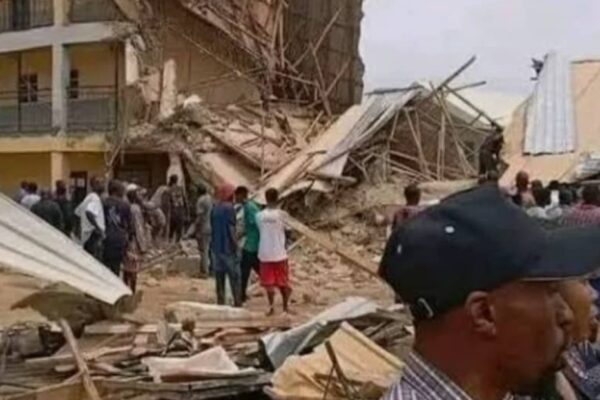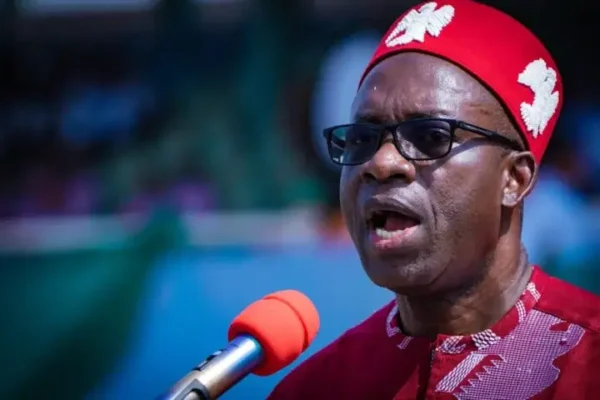
Panic as Part of Public School Collapses in Ikorodu, Lagos
Residents of Odo-Kekere Community in Ikorodu, Lagos State, were thrown into alarm on Thursday evening after part of a building at a local public school suddenly collapsed. The incident occurred after school hours, and many have described the outcome as a narrow escape. According to sources, a section of the school structure gave way with a loud crash, drawing neighbours to the scene. Emergency responders from the Lagos State Emergency Management Agency (LASEMA) and the Lagos State Building Control Agency (LASBCA) arrived quickly, cordoning off the area to prevent further accidents. Preliminary reports indicate that no students were in the classrooms at the time of the collapse. Authorities are investigating the cause of the incident and the extent of the damage, while search and rescue teams continue to ensure no staff or security personnel were trapped under the debris. Mrs. Boluwaji Aderinto, a resident whose home is adjacent to the school, expressed concern over the state of local school buildings. “We heard a loud crack and then dust everywhere. We thank God it didn’t happen in the morning when the children were in their desks. This is a wake-up call for the government,” she said. A high-level delegation from the Lagos State Ministry of Education visited the site to assess the situation. A senior ministry official, speaking on condition of anonymity, confirmed, “We have officers on site, including the Tutor General/Permanent Secretary, Education District II, already assessing the situation for further action.” The collapse has intensified calls for urgent inspection, renovation, and overhaul of public and private school buildings across Lagos to ensure the safety of students and staff.








